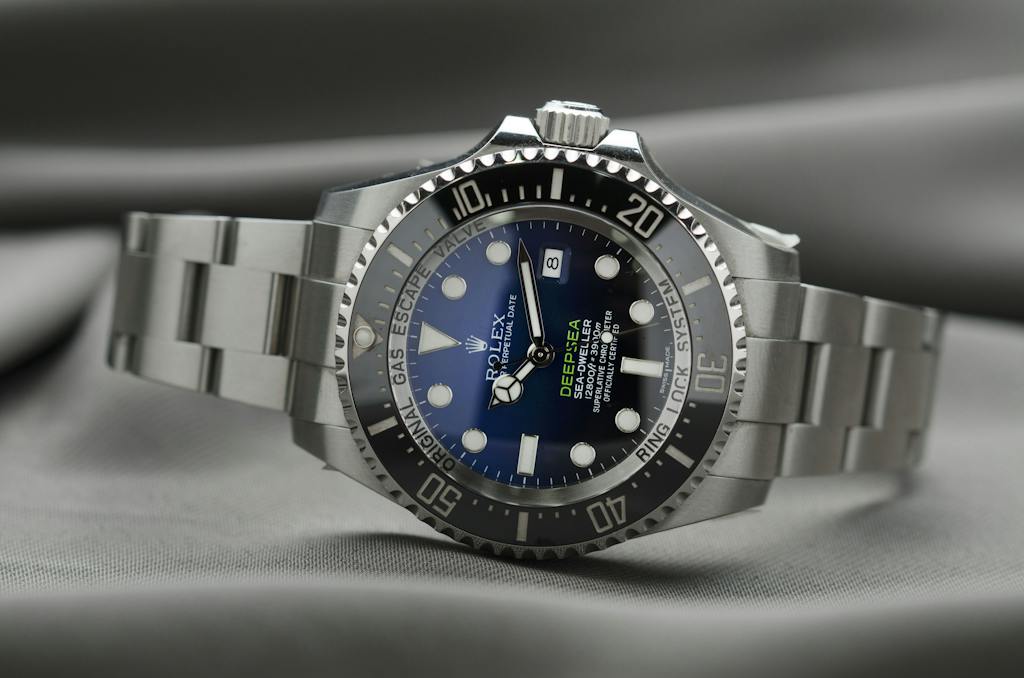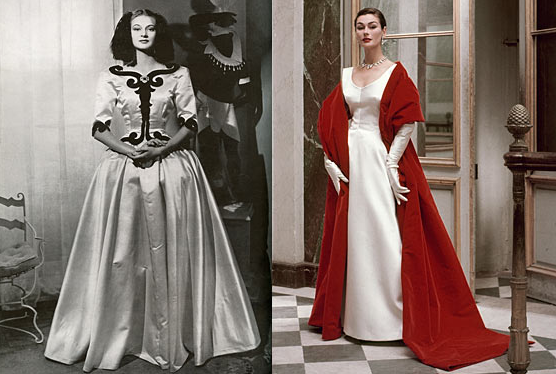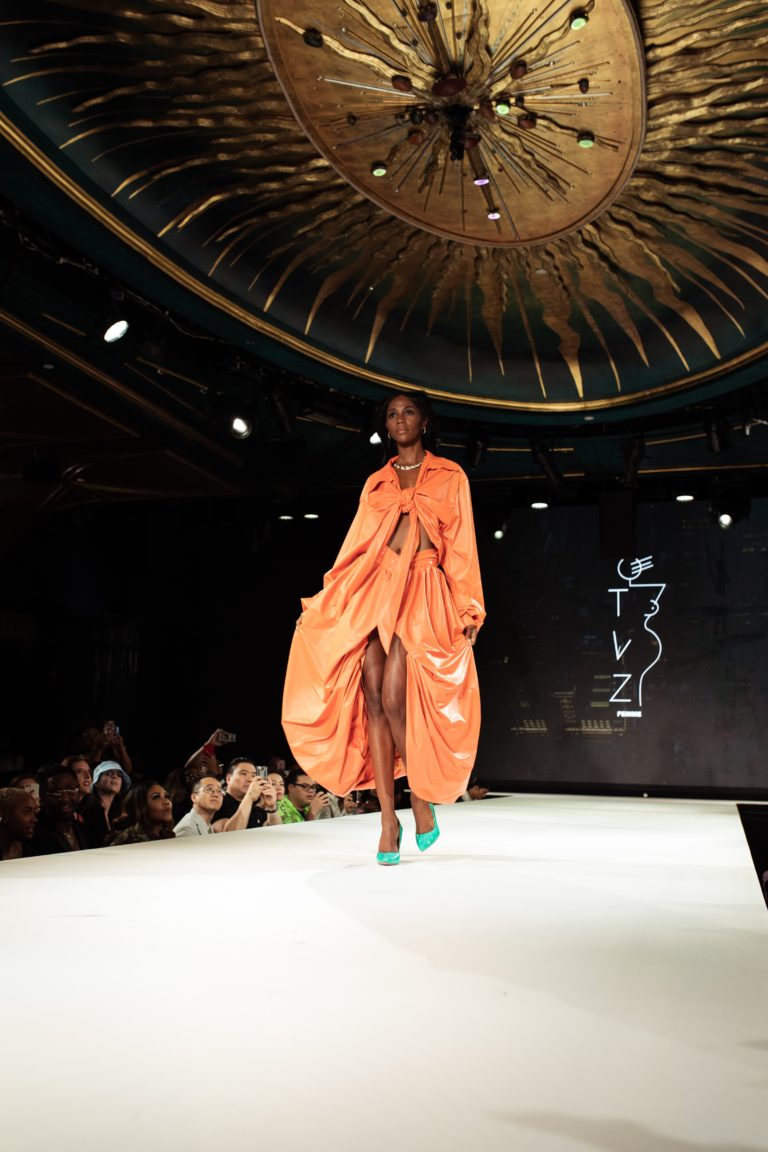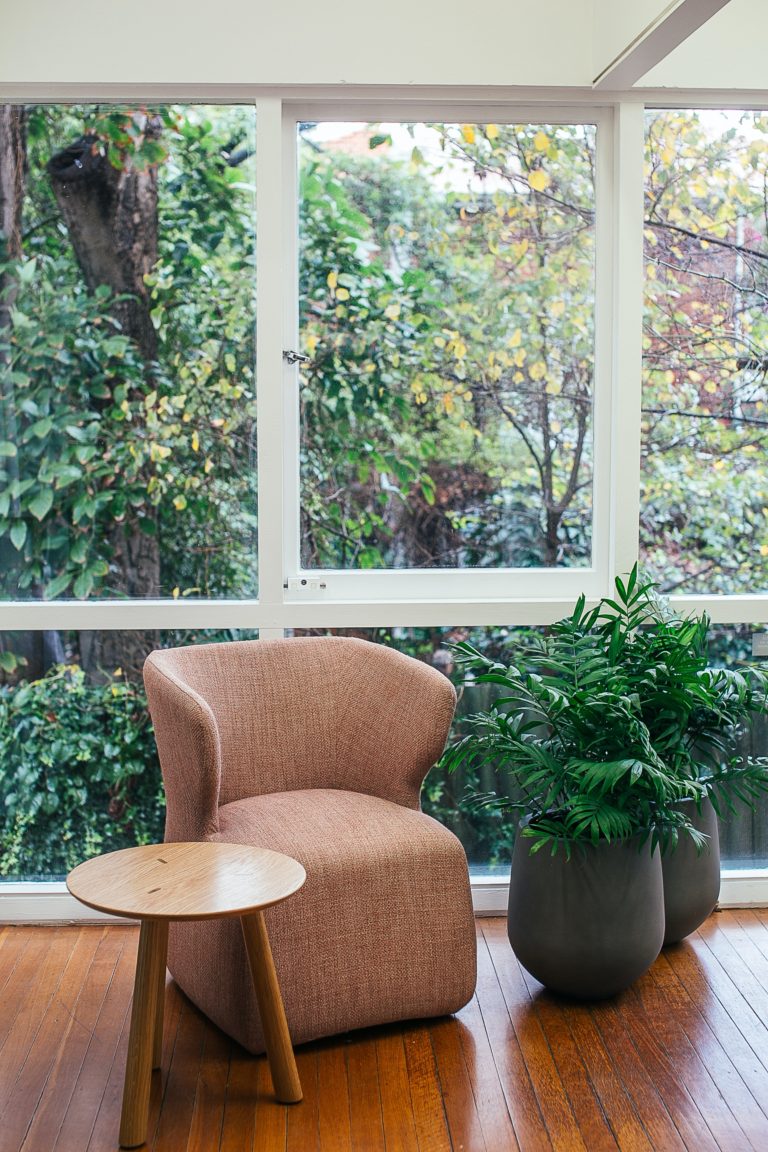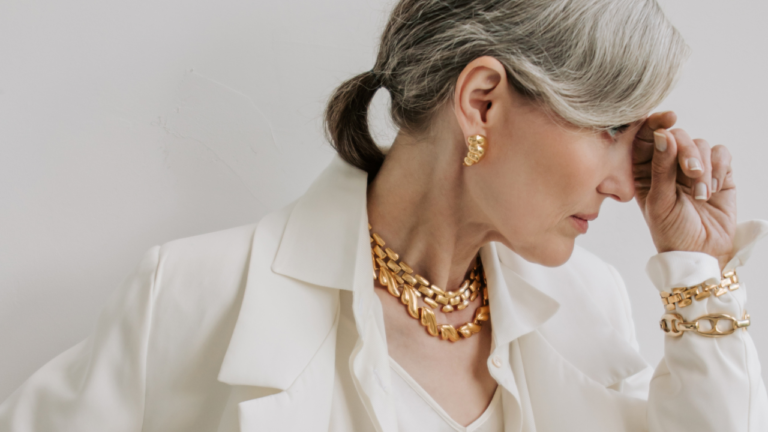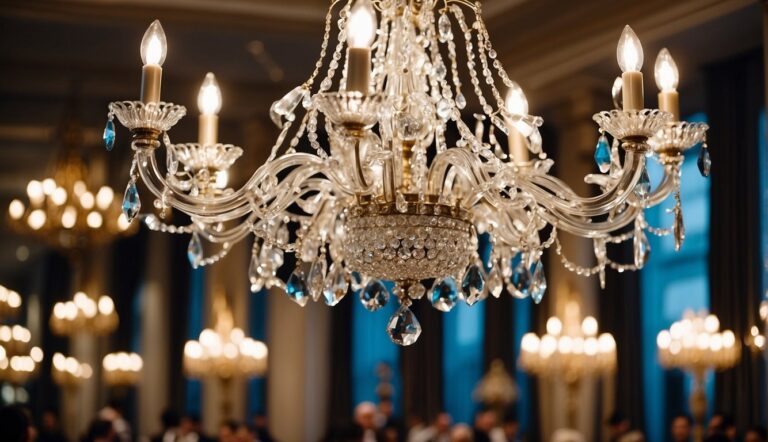Does Luxury Have To Be Expensive? | Meeting Clientele Expectations
Luxury often means expensive, as high prices signal exclusivity. Yet, without sustained demand, even costly items may lose their luxury status. Luxury is subjective after all, something that you might not be able to experience everyday is a luxury to you. However, generally luxury is associated with opulence and expensive, deeply rooted in the idea of exclusivity that comes from possessing something few others can afford.
Luxury items do maintain a certain price point not just to remain exclusive but because of all the factors such as unique craftsmanship, artist collaborations, curating a high customers service build upon the cost. It truly depends on what the specific clientele perceives to be of value, and the meaning of luxury changes from there.
Luxury cannot simply be quantified by price, instead it is about what the brand of products mean and the value they will bring the the buyer. Does it align with their personal ethics, physical comfort or aesthetic pleasure? It has to align with their distinctive lifestyle they are trying to achieve.
Key Takeaways
- Luxury is perceived subjectively, influenced by individual values rather than just price.
- Quality and ethical practices are integral components of modern luxury.
- Experiential luxury offers a form of exclusivity that goes beyond financial cost.
What Does It Mean To Be Luxurious?

Historically, luxury goods were the domain of the elite, meant to signify wealth and status. Artifacts from ancient civilizations through the Renaissance up to the Industrial Revolution showcase the luxury that was tied to opulence and extravagance. In Paris, the 18th-century birthplace of haute couture, luxury became synonymous with exclusive handcrafted items, often adorned with jewels and precious materials, establishing a benchmark for luxury industry standards.
The democratisation of luxury began in the late 20th century, as the growing middle class and technological advancements led to more accessible luxury items. Brands expanded their reach through ready-to-wear collections, perfumes, and accessories.
Today, with Gen Z consumers valuing authenticity and unique experiences, the definition of luxury extends beyond mere possession. Instead, luxury aligns with sustainability, personalized products, and a narrative that resonates with the individual’s identity and values.
How Brands Drive Up Perceived Value
The intersection of luxury with cost hinges on how consumers perceive value and the varied reasons driving their purchase decisions. This is influenced in part by social factors, as well as personal motivations, which intertwine to shape a complex landscape of luxury consumption.
The relationship between luxury items and social status is historically rooted. Consumers often view the acquisition of luxury as a marker of success, where pricier brands serve as symbols of a particular social standing. Studies suggest that, across different cultures, there is a shared sense of value in the ability of luxury goods to confer status. For instance, owning items from prestigious fashion labels is seen by many as an indication of wealth and a higher social tier.
Brands capitalize on this perception by creating exclusivity around their products. However, the belief that luxury must be expensive can be contested in the light of more accessible luxury goods, raising questions about the elasticity of status-derived value in the luxury market.
1. Luxury Is The Ability To Self-Express Personal Values
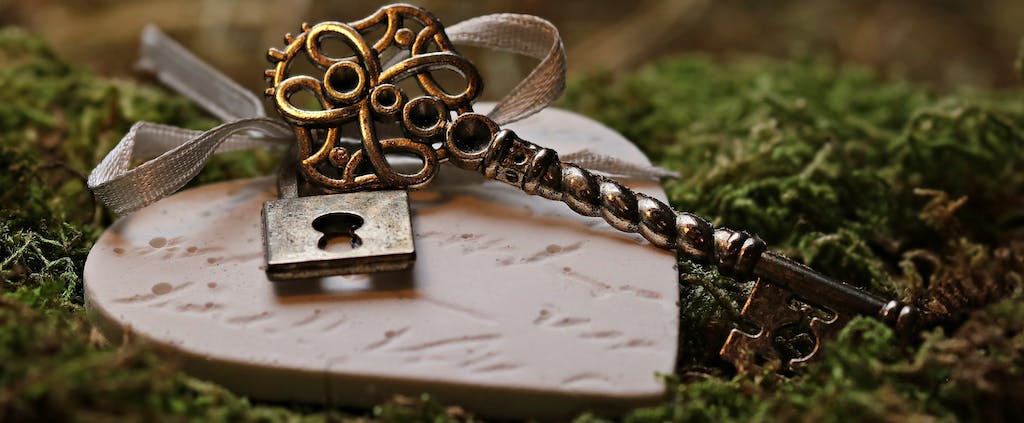
Luxury purchases are also deeply personalized, reflecting an individual’s personal value system and desire for self-expression. Consumers buy luxury items not only for social recognition but also for the intrinsic pleasure and satisfaction derived from owning something of high quality and aesthetic value. The values ascribed to luxury goods can therefore be personal, reflecting an individual’s identity, tastes, and preferences.
These personal values often drive consumers to seek items that resonate with their self-concept, surpassing the mere social implications of luxury. The growing demand for personalized luxury items suggests that consumers see luxury as a means to express individuality, as well as conform to social expectations.
2. Is It Artisanal Or Mass-Produced?

The essence of luxury brands often resides in their quality and craftsmanship. High-quality materials and meticulous manufacturing processes distinguish luxury products from their more ubiquitous counterparts. This is one factor of luxury goods that drastically increases the price as the need for human hands over machine manufactured goods is costly.
However, knowing that someone spent hours, years training to create the product that you hold in your hand is a different feeling than holding a machine manufactured product. There is something about the human connection that gives value because craftsmanship is hard to replicate and makes every product unique.
Consider artisanal luxury items that are handcrafted by experts, each piece with its unique nuances, embodying a human touch that mass-produced items lack. This careful, hands-on approach results in a degree of detail and finish that is tangible in the final product. Craftsmanship of this level, typical in luxury fashion and high-end watches, contrasts starkly with items that come off assembly lines, where speed often takes precedence over precision.
3. Luxury Is The Finest Materials
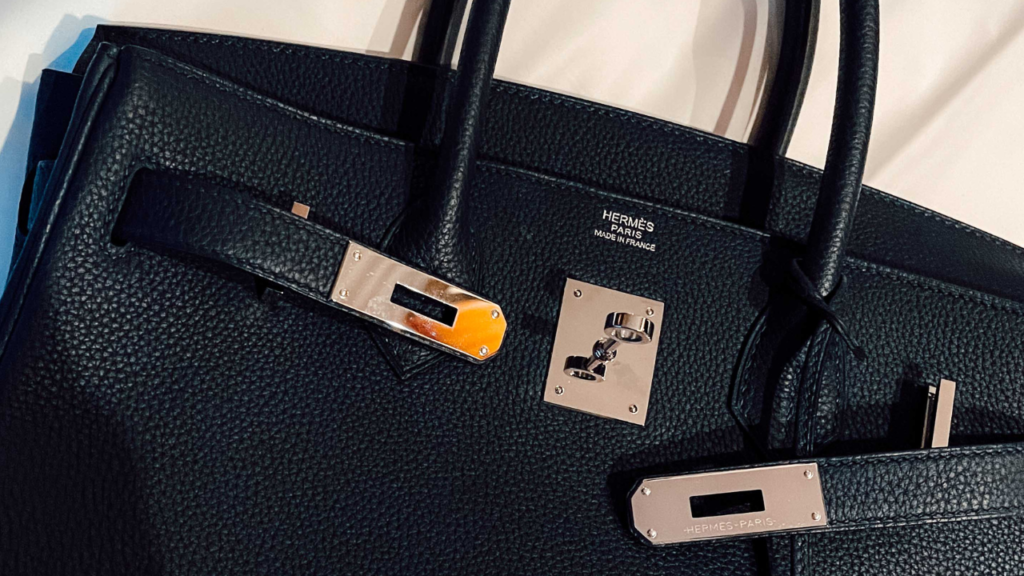
Luxury brands prioritize the selection of the finest materials, whether it be the softest Italian leather, sumptuous silks, or precious metals. For instance, haute couture houses invest significantly in premium fabrics that offer both exceptional feel and durability. The manufacturing process also plays a pivotal role; it is often carried out by skilled artisans who ensure every detail meets the highest standards, aligned with the brand’s reputation.
4. Experience A Unique Emotional Connection

Luxury is increasingly defined by the value and experience it delivers, transcending its price tag. There are several ways brands curate this unique emotional connection to look for, if you truly want a luxurious experience.
Crafting a story for their brand helps people feel more connected, the more they know about the brand and its complicated the history the closer a connection they feel to every product made.
Brands also create emotional connections with their buyers through personalized emails, brand ambassadors that remember them as they walk through the door. Even yearly personalized mail to their doorstep. It is this customized customer service that luxury consumers constantly seek. Luxury brands often fulfill the sense of human connection in a perfect sense where everyone is amicable and happy to see the buyer.
Another way that builds value is having a community. Luxury brands often seek to create a community that can interact with each other. Consider, fashion week, this is where fashion aficionados can resonate with each other. For their most VIP customers, luxury brands will often organize exclusive events which can range from. It is this sense of luxury that which leads into the topic of exclusivity and accessibility.
5. Exclusivity and Accessibility
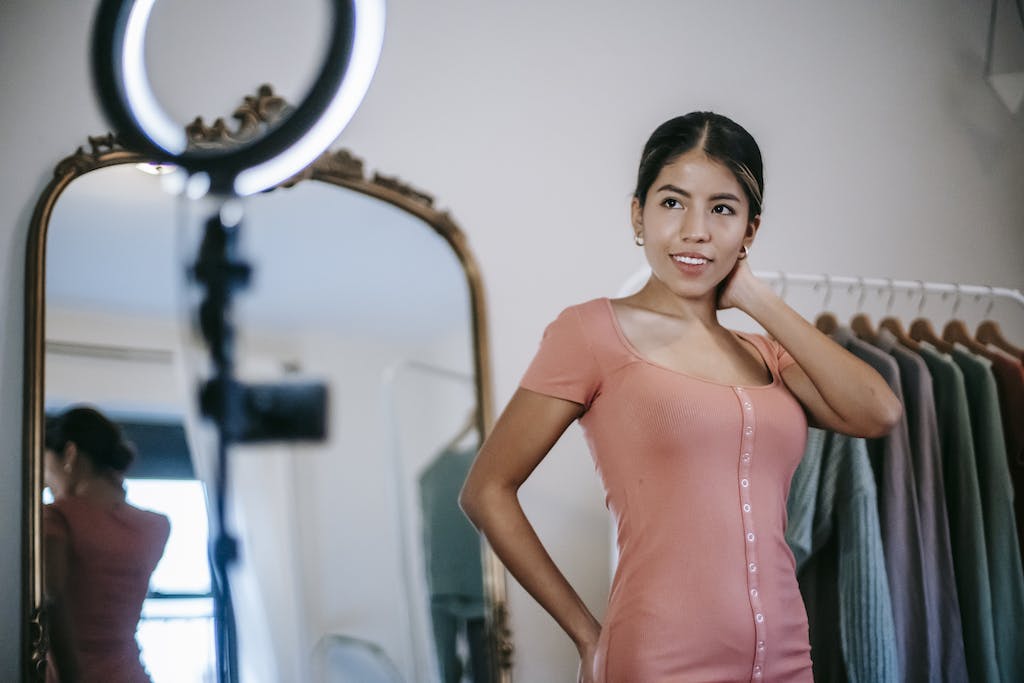
While exclusivity remains a key aspect of luxury experience, it is no longer guarded by high price alone. Luxury brands are finding ways to be accessible without sacrificing their exclusive appeal, be it through limited-edition releases or personalized services. This approach builds on rarity and uniqueness without aligning strictly with conspicuous consumption. It detaches from the traditional status symbol doctrine, championing an inclusive form of luxury that resonates with individuality and authenticity.
6. Sustainability and Ethics

Being sustainable is sometimes considered to be a luxury. The demand for products that respect the environment and uphold social responsibilities also come at a cost however consumers have come to realize the more they demand for it, the more normalized it will be. Sourcing ethically mind materials or using organic fabrics increase cost but as this is increasingly important for the world today.
Luxury brands have become expected to adopt innovative approaches, like circular economies where products are designed to be recycled or repurposed at the end of their lifecycle. The aim is to create luxury goods that are not only high-quality and aesthetically pleasing but also environmentally conscious which drives up the cost.
Ethical considerations play a crucial role in redefining luxury. This involves ensuring fair labor practices, upholding human rights, and engaging in responsible sourcing. Transparency is key; consumers expect brands to provide clear information about where and how their products are made.
Leading luxury brands are responding by disclosing their supply chains and by seeking certifications that reassure customers of their ethical commitments. Additionally, embracing ethical practices may include supporting artisanal communities, thereby preserving traditional crafts while ensuring fair wages and working conditions.
Expense Is Inevitable With Luxury Items or experiences
Although luxury is subjective, there is a range and at the very top it is to be expected that luxury will come with a price. In considering the nuanced understanding of what luxury represents to different individuals, it is clear that personal values and experiences play a pivotal role. Instead of merely equating to financial cost, luxury today is also about the quality and craftsmanship that go into creating a product, the sustainability practices of the brand, and the unique experiences that come with a purchase.
Items that are high quality and not expensive, could be perceived to be luxurious in comparison to someone’s regular day to day activities. For example, vacations to a new country, or purchasing an experience that is unlike what they usually experience would be luxury in itself.
Frequently Asked Questions
What determines whether an item is luxurious beyond its price tag?
In item’s luxury status extends beyond its price tag to include factors like craftsmanship, exclusivity, and the consumer experience it offers. What one person finds unique and meaningful can drastically increase its worth for the buyer.
How do contemporary definitions of luxury differ from traditional perspectives?
Contemporary definitions of luxury have shifted from focusing solely on material wealth and opulence to incorporating aspects such as personalization and experiences that resonate with the individual’s identity and values. This redefinition sees luxury as something that can also be emotional and experiential, not limited to physical products.
Can luxury goods be accessible at more moderate price points?
Yes, luxury goods can be accessible at more moderate price points. However the experience might slightly differ, as you may have luxurious high quality goods but you may not have the luxurious customer service that luxury brands often have.
The concept of luxury at moderate price points is a kind of marketing, and it acts to widen the luxury market to a broader audience.
